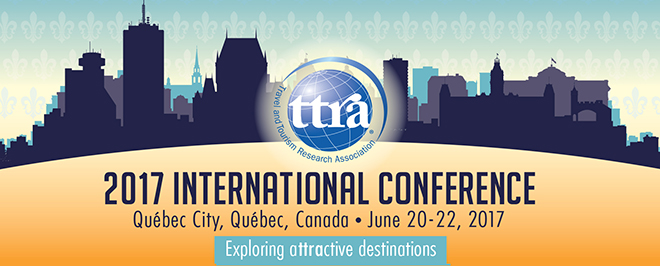Abstract (150 Words)
With the emergence of websites like People-First Tourism, Airbnb and Vayable, there is a growing number of microentrepreneurs selling accommodation, transportation and experiences directly to prospective customers. These individuals are thought to be different from most entrepreneurs because they are known to be motivated by non-economic drivers such as freedom, passion, or lifestyle, rather than solely by a desire for rapid revenue growth. Accordingly, given that tourism microentrepreneurs have different goals as well as business models relative to typical entrepreneurs, we identified the need to adapt entrepreneurial self-efficacy measures to the specific context of tourism e-microentrepreneurship. Accordingly we developed the Tourism e-Microentrepreneurial Self-Efficacy (TeMSE) scale, a 13-item scale that provides insights into individuals’ beliefs in their ability to successfully perform the various microentrepreneurial roles and tasks in the tourism e-business sector.
Toward the operationalization of Tourism e-Microentrepreneurial Self-Efficacy
With the emergence of websites like People-First Tourism, Airbnb and Vayable, there is a growing number of microentrepreneurs selling accommodation, transportation and experiences directly to prospective customers. These individuals are thought to be different from most entrepreneurs because they are known to be motivated by non-economic drivers such as freedom, passion, or lifestyle, rather than solely by a desire for rapid revenue growth. Accordingly, given that tourism microentrepreneurs have different goals as well as business models relative to typical entrepreneurs, we identified the need to adapt entrepreneurial self-efficacy measures to the specific context of tourism e-microentrepreneurship. Accordingly we developed the Tourism e-Microentrepreneurial Self-Efficacy (TeMSE) scale, a 13-item scale that provides insights into individuals’ beliefs in their ability to successfully perform the various microentrepreneurial roles and tasks in the tourism e-business sector.


